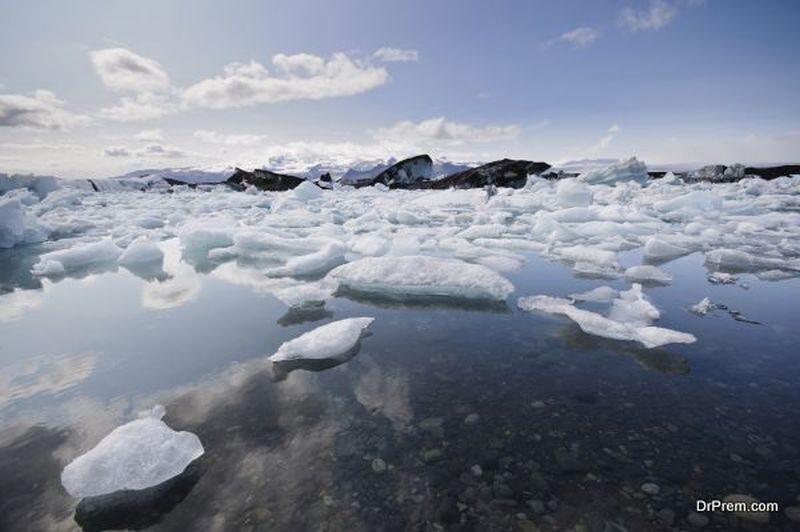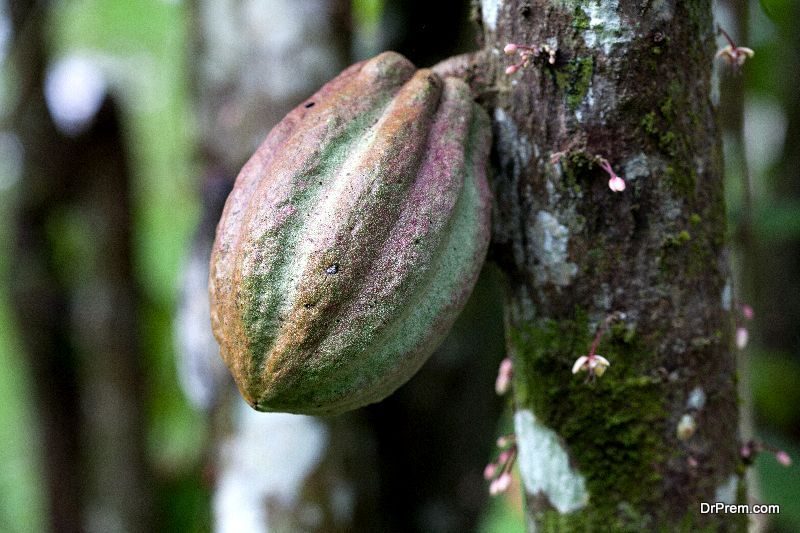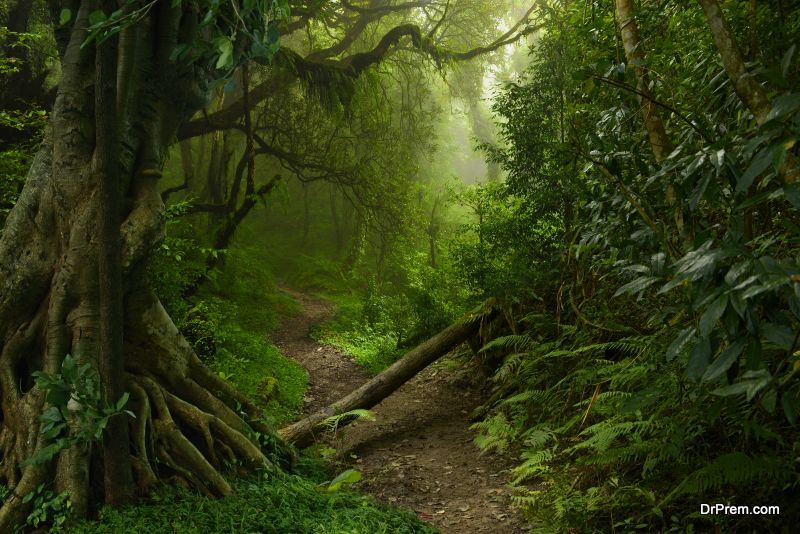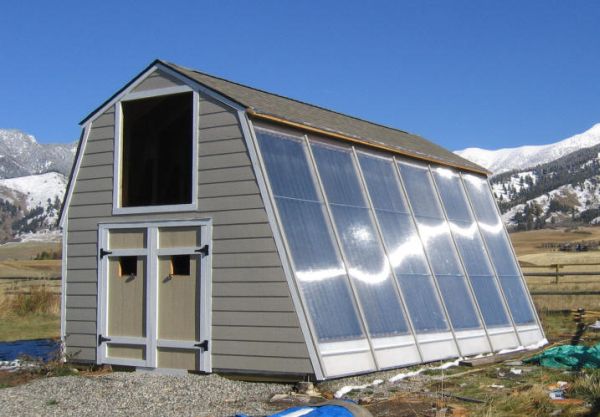Deforestation and millions of cars added every year are two of the major reasons why the planet has heated up in just a matter of two hundred years. A growing population needed and still needs space to live in and grow food on, so millions of trees have been cut down over the years. But now, we have to find a way to restore forests, conserve the existing ones and plant new ones, as latest findings suggest can forests are the best natural way to remove carbon dioxide from the atmosphere, and reduce global warming. Keep reading to find out all the new research:
Why forests may be the most sustainable way to reduce global warming
 The WRI and Nature Conservancy and other organizations have revealed new data which demonstrates how forests may be the answer to all our prayers. These organizations estimate that restoring forests, stopping deforestation and improving forestry practice could remove a whopping 7 million metric tons of the greenhouse gas carbon dioxide. This is equivalent to eliminating as much as 1.5 billion cars; more cars than there are on earth now!
The WRI and Nature Conservancy and other organizations have revealed new data which demonstrates how forests may be the answer to all our prayers. These organizations estimate that restoring forests, stopping deforestation and improving forestry practice could remove a whopping 7 million metric tons of the greenhouse gas carbon dioxide. This is equivalent to eliminating as much as 1.5 billion cars; more cars than there are on earth now!
So forests could be a sustainable solution to the problem of global warming. The new research indicates that for fighting climate change, forests are crucial as they can limit global warming so that it does not cross the threshold of 2 degrees, which could cause unimaginable natural catastrophes in all parts of the world. But the issue is, that conserving jungles and planting new ones has to be done on an immediate basis, if the target has to be achieved.
Putting a stop to deforestation is the best option
 To fight global warming in a way which is friendliest to the planet without technology, is by stopping deforestation. A single tree can store an average of 49 pounds of CO2 every year, and of course a forest would thus absorb a huge amount of the gas and convert it to much needed oxygen. Some studies reveal that a forest can store an equivalent amount of the greenhouse gas which is emitted by entire countries, for example, Columbia and Peru.
To fight global warming in a way which is friendliest to the planet without technology, is by stopping deforestation. A single tree can store an average of 49 pounds of CO2 every year, and of course a forest would thus absorb a huge amount of the gas and convert it to much needed oxygen. Some studies reveal that a forest can store an equivalent amount of the greenhouse gas which is emitted by entire countries, for example, Columbia and Peru.
To achieve reforestation, and reduce/stop deforestation, policy makers and business leaders have to work out strategies and offer incentives. People have to understand the benefit of deforestation and see immediate economic benefits too. They have to be taught eco friendly ways of farming, which could help to restore the fertility of the soil. This will prevent deforestation which occurs due to people cutting down forests to grow food, when the area they were farming in loses its fertility.
For fighting climate change and conserving forests it should be ensured that they will continue to perform other beneficial functions such as filtering water, producing oxygen as well as supporting biodiversity. They will keep supporting the 1.6 billion people world over who support on them for their livelihood.
Urgent action to stop deforestation is required to avoid climate change and its dreaded effects.
Forests can be a source of secondary income
 To entice farmers, locals to grow and save trees, an economic incentive is the best. Increasing certain trees can help to reduce food scarcity in some areas. Trees can improve food productivity and farmers can earn through the sale of timber, nuts and fruits. Thus, to combat global warming, agroforestry is perhaps the best sustainable solution yet. This strategy can sequester upto 9.28 gigatons of CO2 and save $709.8 billion in conservation costs.
To entice farmers, locals to grow and save trees, an economic incentive is the best. Increasing certain trees can help to reduce food scarcity in some areas. Trees can improve food productivity and farmers can earn through the sale of timber, nuts and fruits. Thus, to combat global warming, agroforestry is perhaps the best sustainable solution yet. This strategy can sequester upto 9.28 gigatons of CO2 and save $709.8 billion in conservation costs.
Community based forests’ success story
 In tropical rural areas, community based sustainable forests seem to be the sustainable solution to global warming as well as giving the poor a way out of poverty. The success story of the people of the Peten Region, Guatemala, who planted forests supported by the entire community can be an example for the whole world. There, the deforestation rate is almost zero, over a period of 14 years. Their success is a standalone example in an area which is plagued by deforestation.
In tropical rural areas, community based sustainable forests seem to be the sustainable solution to global warming as well as giving the poor a way out of poverty. The success story of the people of the Peten Region, Guatemala, who planted forests supported by the entire community can be an example for the whole world. There, the deforestation rate is almost zero, over a period of 14 years. Their success is a standalone example in an area which is plagued by deforestation.
Bonn Challenge promises hope
 Bonn Challenge is the challenge issued by and accepted by the world’s leaders, with restoration and reforestation of 150 million hectares of the degraded landscape by the year 2020. 56 countries have accepted the challenge and in some countries, the public and private sector are coming together. For example, in Ghana and Cote d’Ivoire, the Cocoa and Forests Initiative aim to put a stop to deforestation due to cocoa cultivation.
Bonn Challenge is the challenge issued by and accepted by the world’s leaders, with restoration and reforestation of 150 million hectares of the degraded landscape by the year 2020. 56 countries have accepted the challenge and in some countries, the public and private sector are coming together. For example, in Ghana and Cote d’Ivoire, the Cocoa and Forests Initiative aim to put a stop to deforestation due to cocoa cultivation.
The loss of tree cover worldwide in 2016 was the highest, with tropical countries struggling to stop emission due to deforestation. Beef production, agriculture (soy and huge palm plantation to extract industrial palm oil) are the main reasons for loss of forests. But trend can be reversed, for instance, Indonesia’s ‘Forest Moratorium’ can help the country prevent 427 million metric tons of greenhouse gases.
A compromise has to be reached as there has to be enough food to feed the millions who are being born every day. Reforestation pasture land is imperative but looks difficult as there would be an estimated increase for beef by 2050 by 95%. Scientists and farmers have to find ways to increase the productivity of pasture lands, so that a smaller amount of land can produce the required food, and the rest of the land can be used to plant trees.
Brazil intends to restore approx 22 million hectares of land by the year 2030. The country aims to boost productivity on about 5 million hectares of degraded pasture land by 2020. Restoration is an excellent compromise – nuts, wild game, fruits will provide food security, and the trees will absorb the eco harming carbon dioxide. Restoration will be economically beneficial too, according to studies.
We have to make the change
 Time and again, we have seen just one person make a difference. We can be that person too, as we can change our diet, reduce food waste and loss. We should cut/reduce dairy and meat consumption which would halve the carbon footprint due to our diet. Eating less meat, especially beef and shifting to a vegan/vegetarian diet might free up almost 300 million hectares of land, which can be reforested.
Time and again, we have seen just one person make a difference. We can be that person too, as we can change our diet, reduce food waste and loss. We should cut/reduce dairy and meat consumption which would halve the carbon footprint due to our diet. Eating less meat, especially beef and shifting to a vegan/vegetarian diet might free up almost 300 million hectares of land, which can be reforested.



